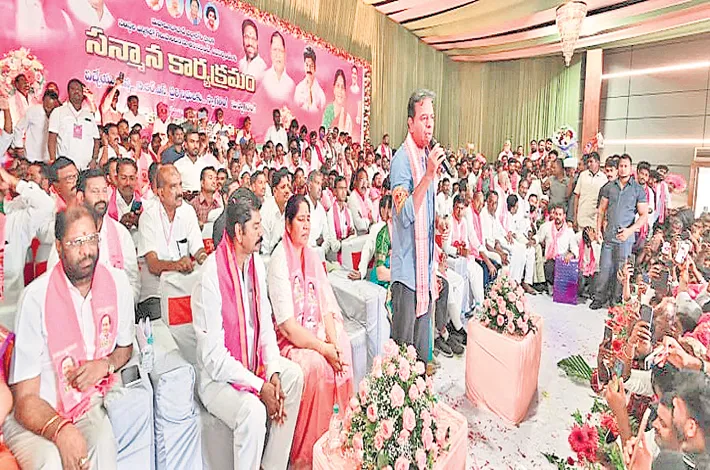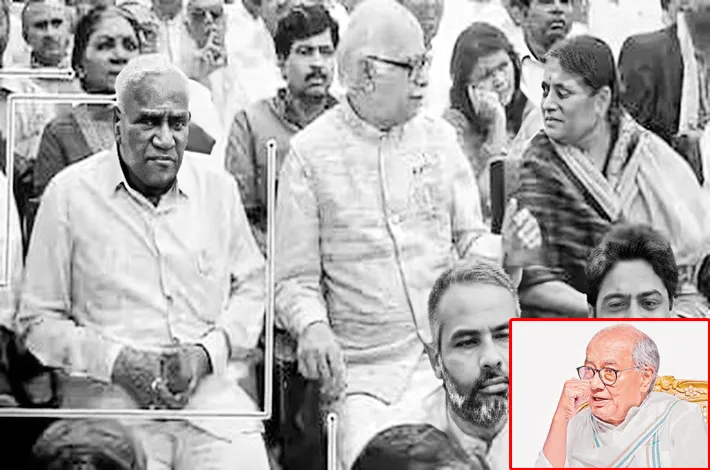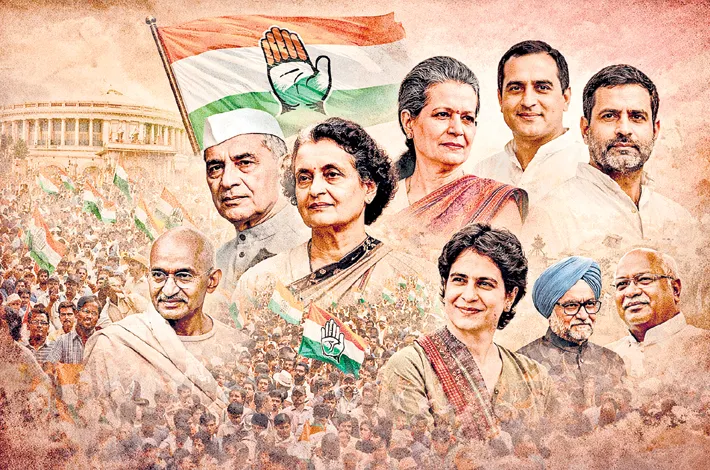45% under 25 age group fuel offshore betting in TS
29-06-2025 12:00:00 AM

62% of online real-money gamers under the age of 30
50% of users are college graduates and 60% belong to households earning less than Rs 30,000 a month. Students and working professionals from lower- and middle-income families make up nearly 90% of all users
A booming underground betting economy in Telangana is being driven by young users, with a staggering 62% of online real-money gamers under the age of 30. Despite the state’s 2017 blanket ban on online betting, tech-savvy youth continue to flock to offshore casino and sports betting platforms. The largest chunk of users falls in the 18–25 age group (45%), followed by 17% in the 26–30 bracket. While men account for 78% of the users, the growing 22% participation of women signals that online gambling is no longer confined to a male demographic.
The phenomenon cuts across income and educational lines: 50% of users are college graduates and 60% belong to households earning less than Rs 30,000 a month. Students and working professionals from lower- and middle-income families make up nearly 90% of all users, pointing to a deeper integration of real-money gaming in everyday digital life.
These insights come from Click. Bet. Repeat., a recent survey conducted by civil society group PRAHAR. Based on responses from 2,671 active gamers in Telangana, the study lays bare the failure of the state’s ban, with 96% of users admitting they know the activity is illegal, yet 87% reporting daily participation. With domestic operators forced out, the vacuum has been filled by unregulated offshore platforms that continue to thrive using encrypted messaging, aggressive social media campaigns, and celebrity influencers. Access through VPNs, Telegram channels, and meme pages has rendered enforcement largely ineffective.
Popular offshore sites like Stake, 1xBet, 1win, and Teen Patti 979 are now household names. About 89% of users say they access these platforms easily via Telegram links. Nearly 94% avoid identity verification by bypassing KYC protocols, while 69% use VPNs to mask their location. Payments are typically routed through UPI using agents or friends’ accounts, pointing to a large web of mule transactions.
What keeps users returning is the lure of quick profits: 97% cite fast financial returns as their primary motive, while entertainment and peer influence also play a part. Despite 99% reporting losses, 83% believe they’re net winners—revealing the powerful psychological pull of gambling.
PRAHAR President Abhay Raj Mishra warned that the state’s blanket ban has pushed users into far more dangerous and opaque digital environments. “We urgently need policy reform focused on regulation, not prohibition,” he said, calling for legal, safer alternatives to protect users and re-establish state control.








